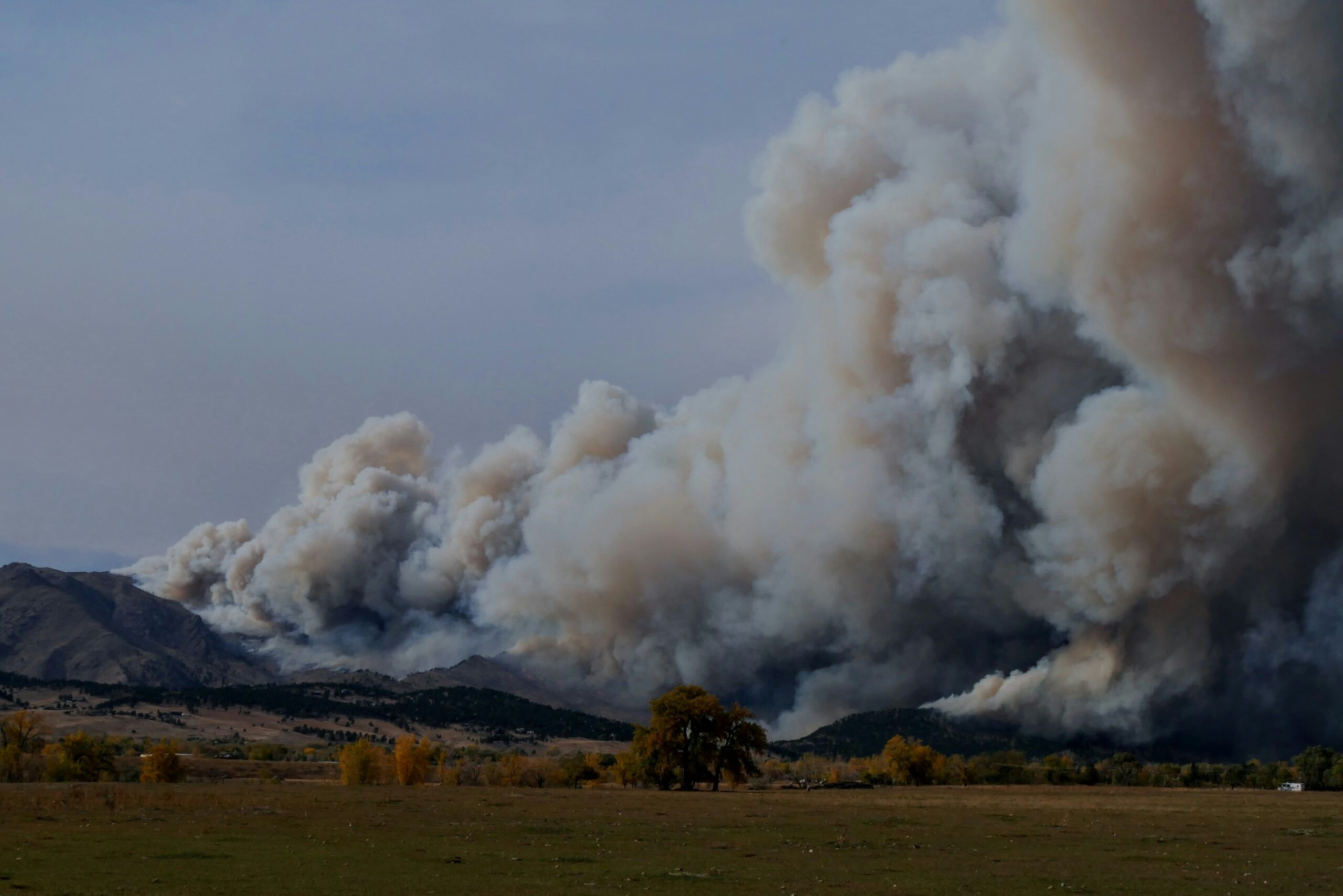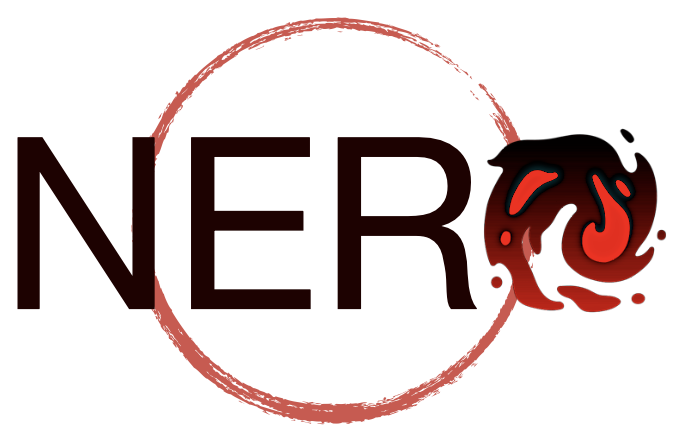
About NERO
Navigating the Fire Environment
Action Summary
While rare and large wildfires have occurred in the past, recent catastrophic events point to the emergence of novel fire regimes characterized by extreme wildfires. Researchers argue that these regimes are the new normal since they are associated with increasing size, intensity, and severity. Extreme fire behavior (very rapid fire spread, massive spotting, crowning, deep flaming, pyroconvection) characterizes this new wildfire context. Although there have been significant advances over recent decades in understanding extreme fire behavior, the deep knowledge gained falls short in predicting the intensity and size of recent extreme events. There is still much work needed to advance our capability to identify those situations where extreme fire behavior may occur. This is a challenging endeavor that calls for re-evaluating current knowledge and introducing new paradigms.
NERO addresses this challenge by bringing together wildfire researchers and practitioners to advance the current state of the science, thus making a crucial step in improving fire management, firefighter training and safety, and public safety planning. NERO will establish and promote a new European culture that supports the effective transnational exchange of expert knowledge, including data and tools. More importantly, NERO will contribute to narrowing the gap between science and practice, thereby promoting efficient science-based wildfire management. To this end, it exploits COST networking tools to train a new generation of highly qualified researchers and practitioners, specialised in addressing the challenges of the dawning era of extreme wildfires.
Igniting Preparedness for Extreme Wildfires
Research Coordination Objectives
- Create and coordinate an international network that connects the currently distant communities of wildfire researchers and practitioners to develop a common understanding of extreme fire behaviour and advance the current state of science and operational management.
- Create new, open-source observational datasets to support the study of extreme fire behaviour across Europe within a concerted framework.
- Prioritise new monitoring solutions and collaborative projects to increase fire behaviour data availability in the future.
- Define a common analysis protocol that breaks down the development of extreme fire behaviour into processes related to fuels, topography, and weather.
- Create an environment supporting the cooperative analysis and prediction of extreme fire behaviour at the regional or/and European level.
- Improve and expand the training of practitioners and researchers, especially those from emerging fire-prone countries.
- Pave the path to harmonized training across Europe in the future by establishing a mutual understanding of operational and research experiences and lessons learned.
- Introduce a novel network of fire science communicators that will employ fact-based fire briefs for communicating information on wildfires exhibiting extreme fire behaviour to the media and the public.
- Increase public awareness of extreme fire behaviour.
Capacity Building Objectives
- Foster the exchange of knowledge and experience between researchers and practitioners to establish a common research and operational agenda on anticipating and preparing for the occurrence of extreme fire behaviour in wildfires.
- Improve the technical skills of researchers and practitioners, especially of Young Researchers and Innovators (YRIs) and practitioners from emerging fire-prone countries, concerning the analysis of extreme fire behaviour (including data collection and curation).
- Promote transnational cooperation in the analysis of extreme fire behaviour and the development of predictive tools and methods.
- Improve researchers’ understanding of operational priorities and constraints concerning the anticipation and suppression tactical planning of wildfires exhibiting extreme fire behaviour.
- Enhance the transnational exchange of knowledge and expertise to support current and new fire science communicators and to consolidate common awareness and improved, unified training for wildfires exhibiting extreme fire behaviour.
NERO Participants
140+ wildfire experts from 28 countries

